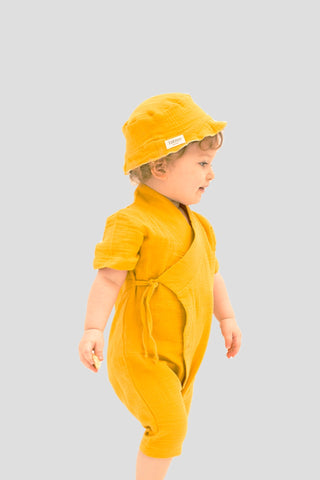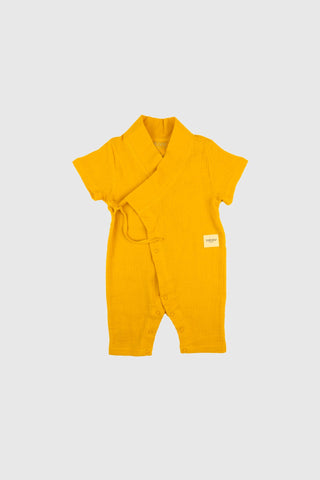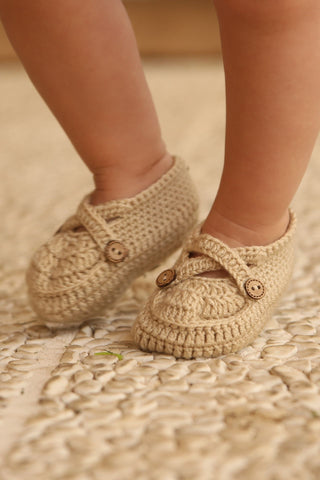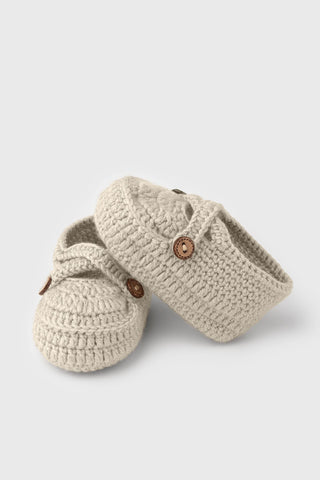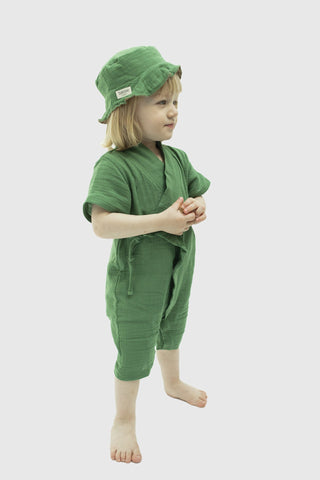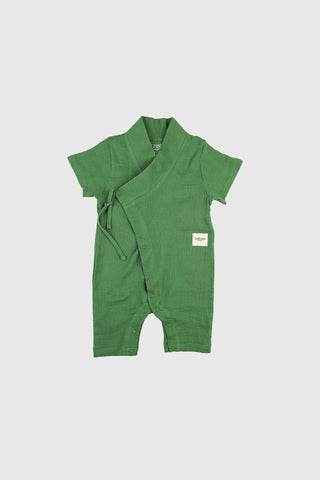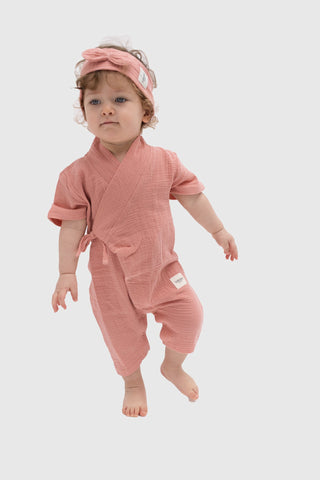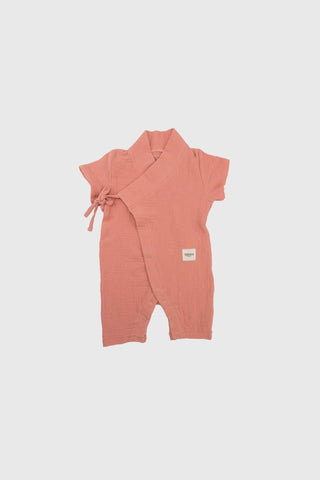1-Month-Old Baby Sleep
For new parents, a common question is "How much should a 1-month-old baby sleep?" The answer is quite straightforward. Typically, babies at this age sleep for about 14-17 hours a day. However, it's crucial to remember that every baby is different, and some may sleep a little less or more. The important thing is to create a calm and comfortable environment that helps the baby fall asleep. Daytime naps are also significant since babies wake up at night for feeding.
1-Month-Old Baby Teething
At one month old, babies generally do not show signs of teething. But, if you notice any swelling or redness in your baby's mouth, it could be a sign that the first teeth are on their way. During this period, you can use hygienic teethers appropriate for your baby's mouth. This not only provides comfort to your baby but also prepares you for the teething process.
1-Month-Old Baby Weight
In the first month after birth, babies' weight gain is quite rapid. On average, a one-month-old baby can gain about 15-20% of their birth weight. However, this rate can vary from baby to baby. If you have concerns about your baby's weight gain, consulting a pediatrician would be beneficial. A regular feeding and sleeping schedule is important for healthy weight gain.
1-Month-Old Baby Care
Caring for a one-month-old baby can be challenging, especially for new parents. The most crucial point in this process is to establish a routine. Keeping regular times for feeding, sleeping, and diaper changing helps both you and your baby feel more comfortable. Also, using hypoallergenic and baby-friendly products is important for your baby's skin health.
1-Month-Old Baby Physical Development
Physical development in one-month-old babies is rapid. At this stage, they can slightly lift their heads and start to move more gradually. Their ability to follow objects with their eyes and respond to sounds develops. During this period, providing your baby with suitable toys and activities can support their physical development. Also, regular physical development check-ups under a doctor's supervision are important.
1-Month-Old Baby Clothes
The most important points about dressing babies are comfort and functionality. For a one-month-old baby, choose clothes made of soft fabrics that are easy to put on and take off, and gentle on the skin. Dressing appropriately for the weather is also crucial; light, breathable fabrics for hot weather, and warm but not overheating materials for cold weather are ideal.
Check out Totzee's boutique baby clothes, designed with the comfort and style of babies in mind.
1-Month-Old Baby Feeding
A one-month-old baby typically feeds every 2-3 hours. This applies to both breastfed and formula-fed babies. However, each baby's needs are different, and some may prefer to feed more frequently or less often. The key is to recognize your baby's hunger signs and respond accordingly. Regular and adequate feeding is crucial for your baby's healthy development.
This article provides basic information about the development and care of a one-month-old baby. Remember that every baby is different, and if you have any concerns, consulting a health professional is best. Strive to provide the best conditions for your baby to grow up healthy and happy. Remember, parenting can be a challenging journey, but it is also very rewarding!


